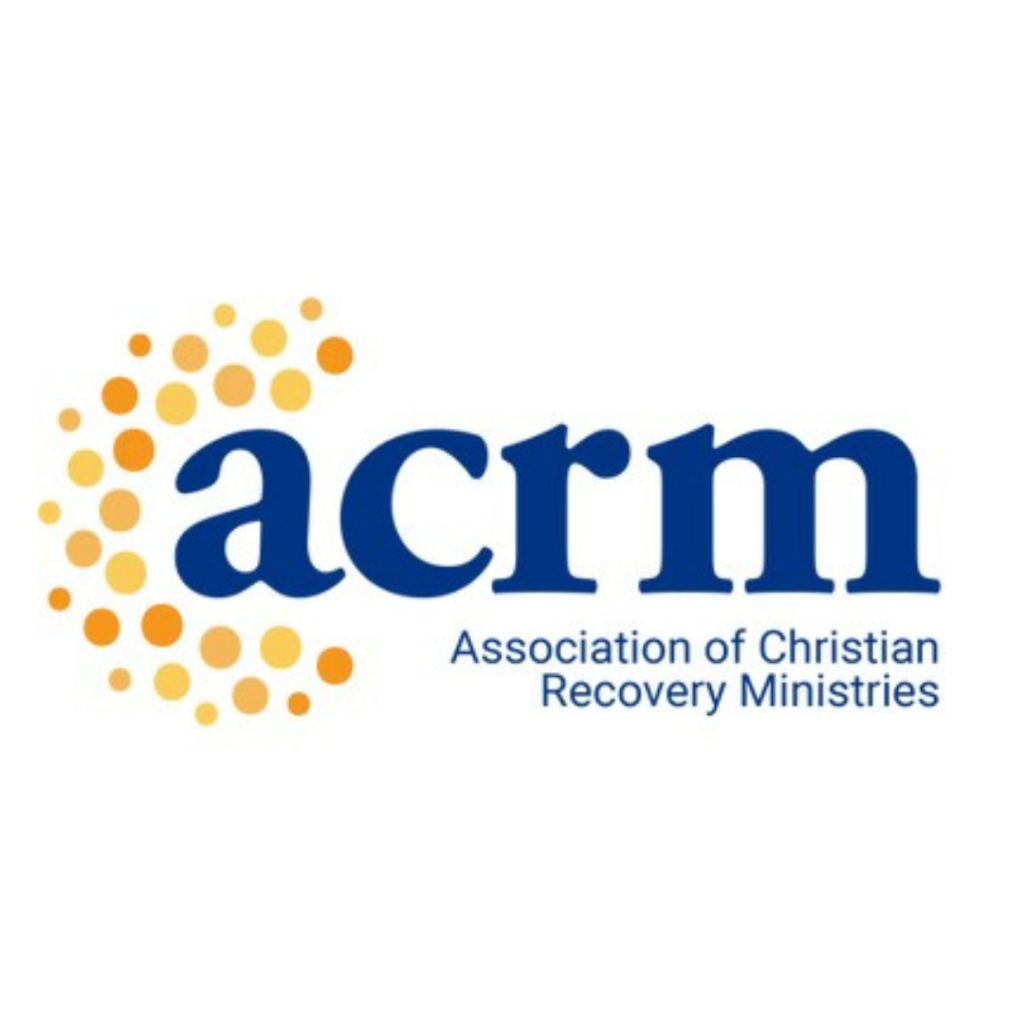In 1984, Tina Turner released a song with the following lyrics:
“What’s love got to do, got to do with it
What’s love but a second-hand emotion
What’s love got to do, got to do with it
Who needs a heart when a heart can be broken”
Having been trained in grief recovery, I have learned most all who struggle with addiction can trace the beginnings of this disease back to a specific loss. Not necessarily loss in the form of death but also in the form of more than forty other proven grief experiences. Things such as physical disability, divorce, pet loss, break-up, etc….
After sitting down with recent and current students from Fayette, Alabama’s transitional home, Restoration Springs, I’ve found myself asking, “What’s Grief got to do with it?” And I’m left, without a doubt, believing grief has everything to do with addiction.
Being a local Advisory Board Member for this facility affords me the opportunity to get to meet the guy’s and visit with them when they first make Fayette their home. Last week, upon meeting “Charlie”, I sat down with him and asked, “When did your addiction begin?” And without hesitation, he replied, “After my being the one who, at the age of twenty one, found my dad dead.” And as we continued to talk, “Charlie” went on to share other grief experiences he had endured, including his parent’s divorce and pet loss, prior to finding his father. And later, his own divorce. I’m forever curious to know just how much addiction relates to grief so I asked, “Charlie, do you believe your addiction was a result of your personal losses?” “Yes. Most definitely.”, he answered.
Often, many of us, such as “Charlie”, attempt behaviors which only provide short term relief from our emotional pain. And while some are able to escape these at a later time, people who have addiction tendencies are not so fortunate. While I can participate in a form of short term relief behavior for a brief time in an effort to mask the pain, someone else may not be able to do the same.
Left untreated, a person’s grief as a child added to that in their adult years can become cumulative. And all too often many turn to alcohol and drugs. They lose their way and ultimately, lose themselves. This loss of self via addiction causes further grief not only to the addicted (griever, perhaps) but those nearest them. Thus, creating a seemingly never-ending cycle of loss.
So, how do we prevent addiction from becoming a second-hand emotion when our hearts are broken? We stop buying into the following myths when we suffer loss:
1. Be strong. (Don’t feel. Don’t cry.)
2. Grieve alone. (Go to your room.)
3. Keep busy. (If we don’t have time to think about it, it will go away.)
4. Replace the loss. (Mask the pain.)
5. Don’t feel bad. (Tell others you are Feelings Inside Not Expressed.)
6. Time heals. (It will get better on its own.)
We begin by taking the necessary actions to retrain ourselves on the topic of grief. We begin accepting that it’s okay to feel what we feel – to stop intellectualizing our feelings and simply experience them. We give ourselves permission to be human by modeling what it looks like to have human feelings. Subsequently, teaching our children not just how to do life with others but perhaps more importantly, how to do life without others. We need to break the cycle. We need to talk about our grief rather than concealing it. Accept that it’s okay not to be okay.
So Dana, what if I’ve become a victim of the above myths? What if I’m worn out from being strong? What if I’ve become the loner? What if I subconsciously fear being still? What if I do feel bad? What if time hasn’t healed? What do I do now?
Follow the link –https://www.griefrecoverymethod.com/our-programs. Find someone in your area who teaches grief recovery as opposed to grief support, and do the necessary grief work. Equip yourself with the necessary tools to handle your current losses and losses to come as they will.
“The difference?”, you ask. Grief recovery teaches that it’s the actions (grief work) we take within time to heal our pain while grief support is waiting for time in itself to heal our brokenness.
So Dana, what if I am currently in a position of leadership and want the experience of dealing with my own grief? And in doing so, want to further my skills in helping those who want to recover from their addiction or perhaps those who are currently recovering from addiction? Or just people in general? Follow the link – https://www.griefrecoverymethod.com/certification-training and get the appropriate training.
If I can help you further in any way, please contact me. Let’s help prevent addiction from becoming a second-hand emotion. As we mend other parts of our body when they are broken, let’s heal some broken hearts.








